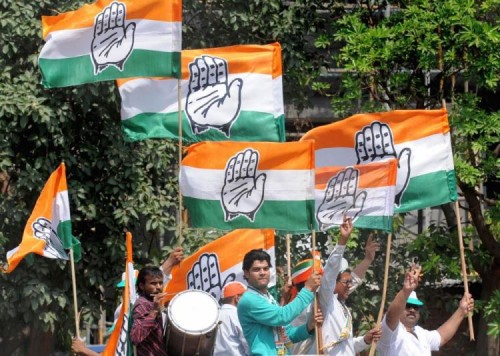 A US court has reserved its decision on whether a 1984 rights violation case against India’s Congress Party could go before the federal court or dismissed due to lack of “touch and concern” with the US.
A US court has reserved its decision on whether a 1984 rights violation case against India’s Congress Party could go before the federal court or dismissed due to lack of “touch and concern” with the US.
Rights group Sikhs For Justice (SFJ) had argued before the second circuit court of appeals in New York that the victims claim is not barred under a US Supreme Court ruling as they have already been granted refugee status by California federal court.
On the issue of SFJ’s standing, the rights group argued that federal law grants “institutional standing” to human rights groups to seek “declaratory judgments” by the US Courts.
In this case, SFJ is seeking judgment to declare November 1984 violence against the Sikh community after the assassination of then Indian prime minister Indira Gandhi as “genocide”.
The monetary compensation in the case against Congress Party is being sought only by the individual plaintiffs who are survivors or legal heirs of the 1984 victims.
US district court judge Robert W. Sweet had on April 24 dismissed the 1984 rights violation lawsuit against Congress party for failure to show sufficient “touch and concern” to the US.
However he had also ruled that “a corporate defendant can be liable under the Alien Torts Statute (ATS), assuming that the statute’s “touch and concern” requirements are adequately alleged”.